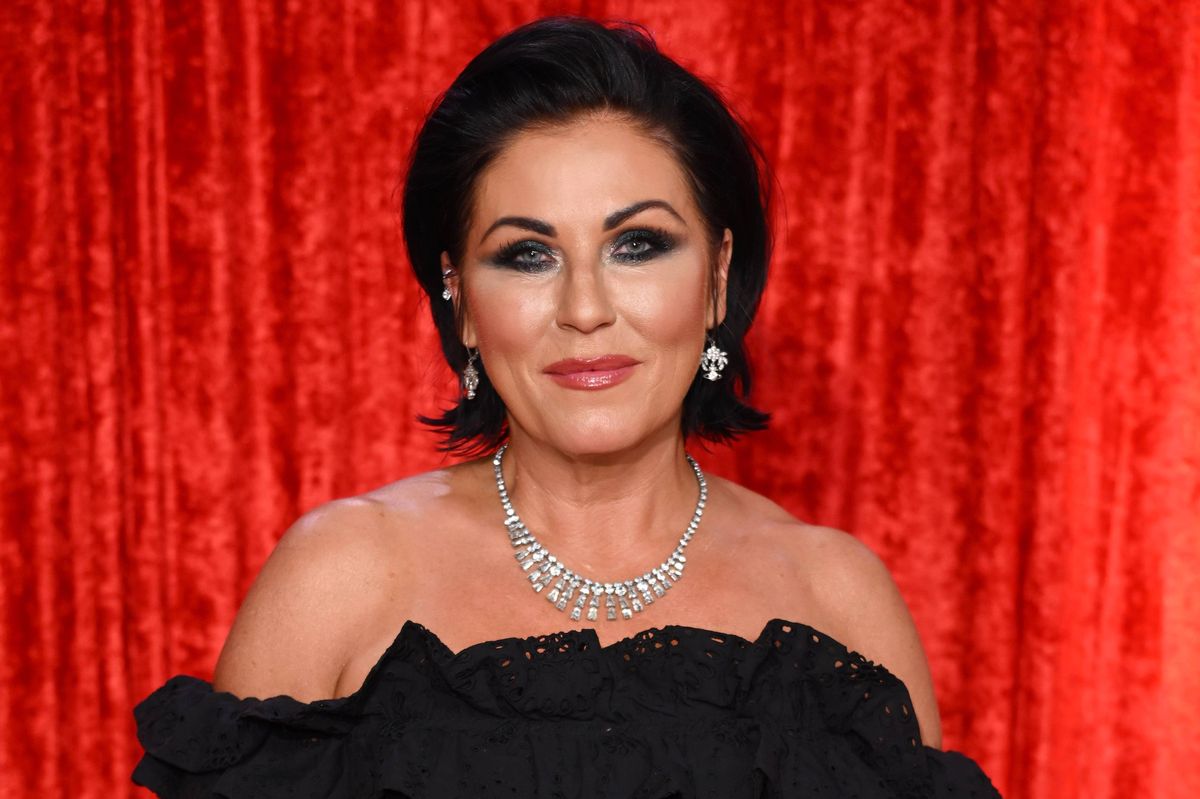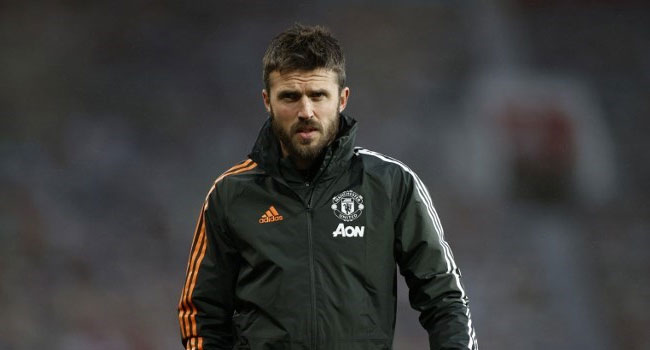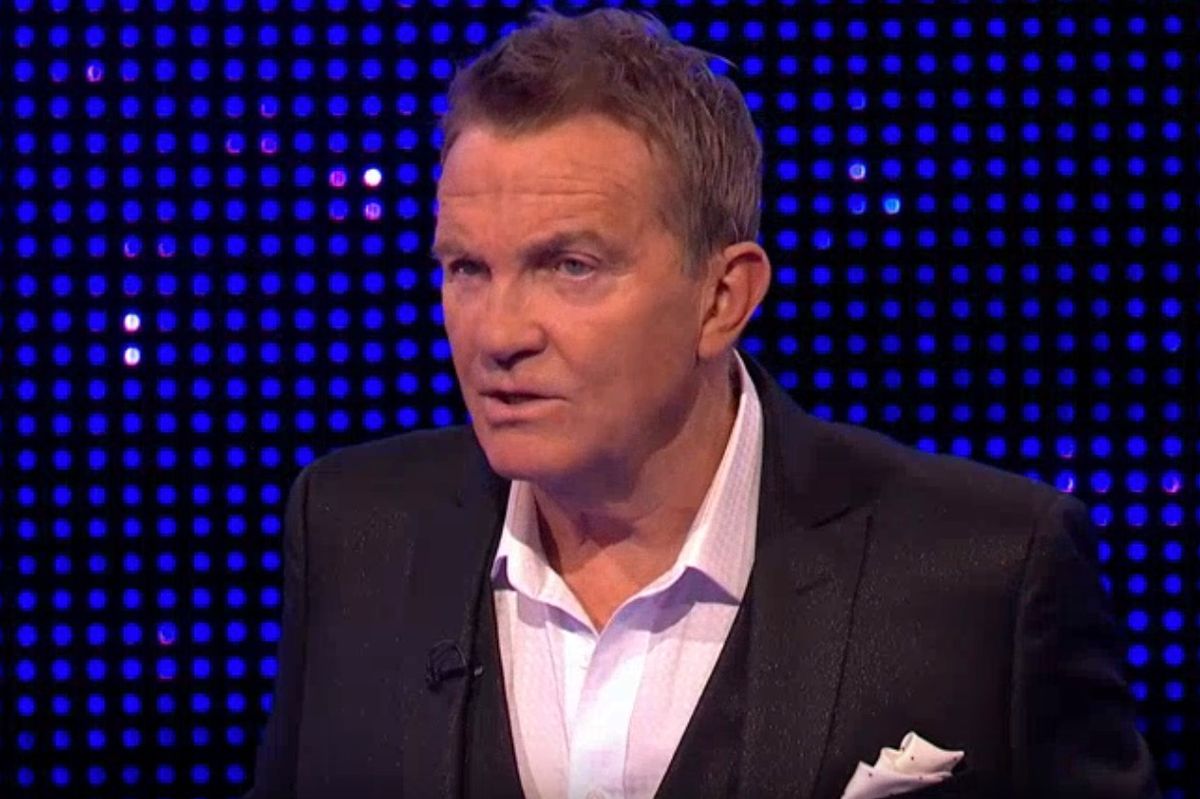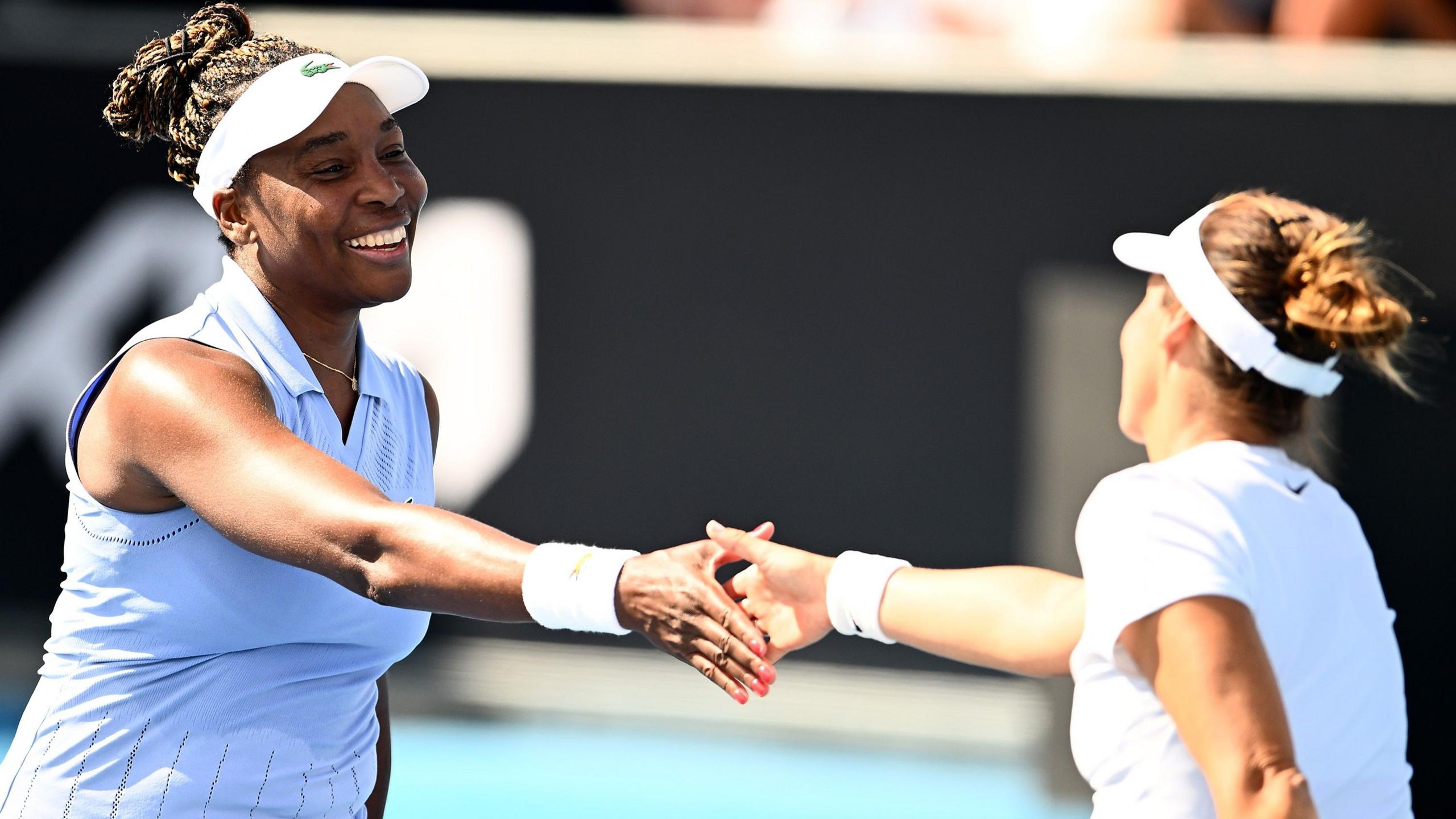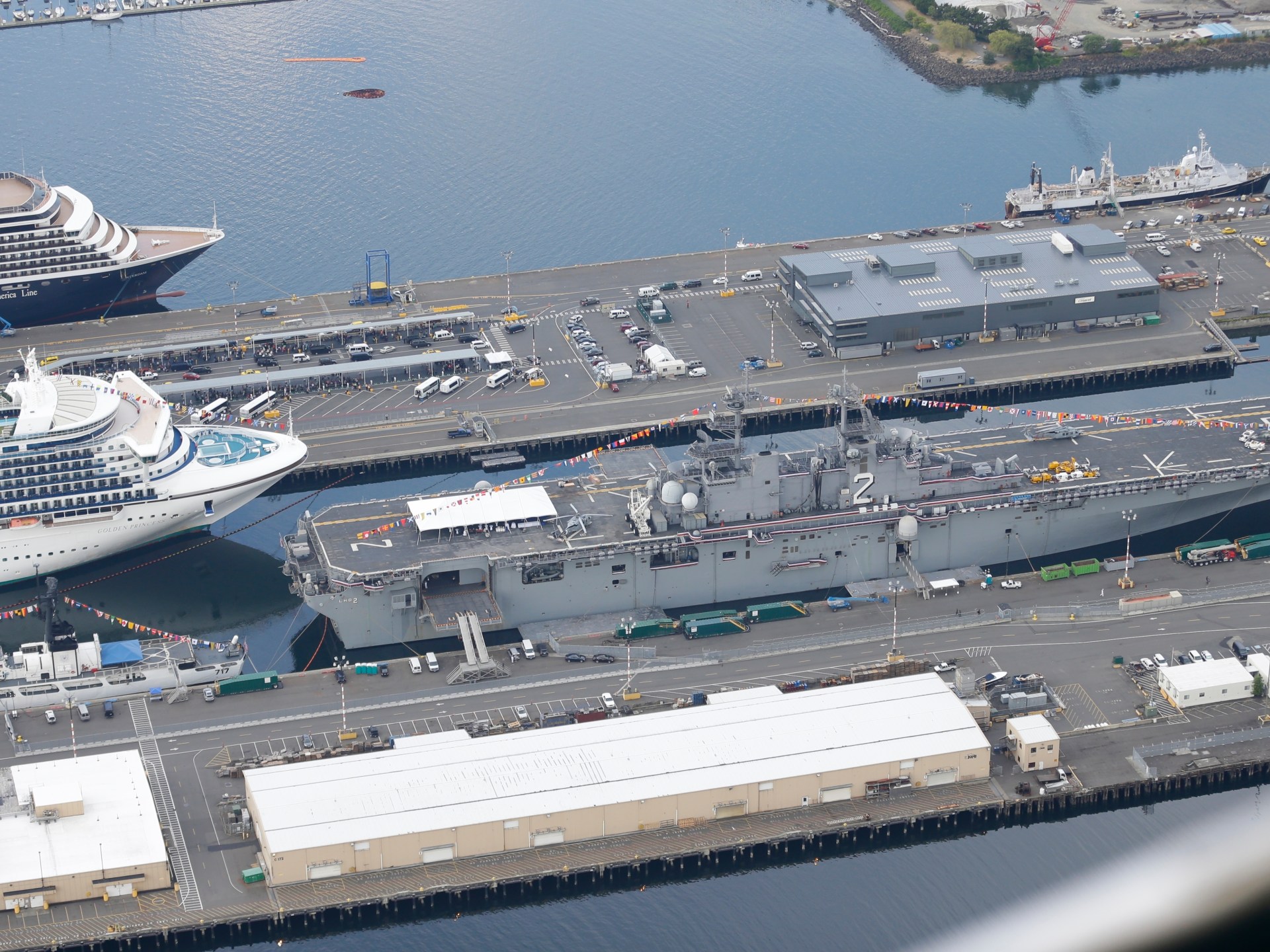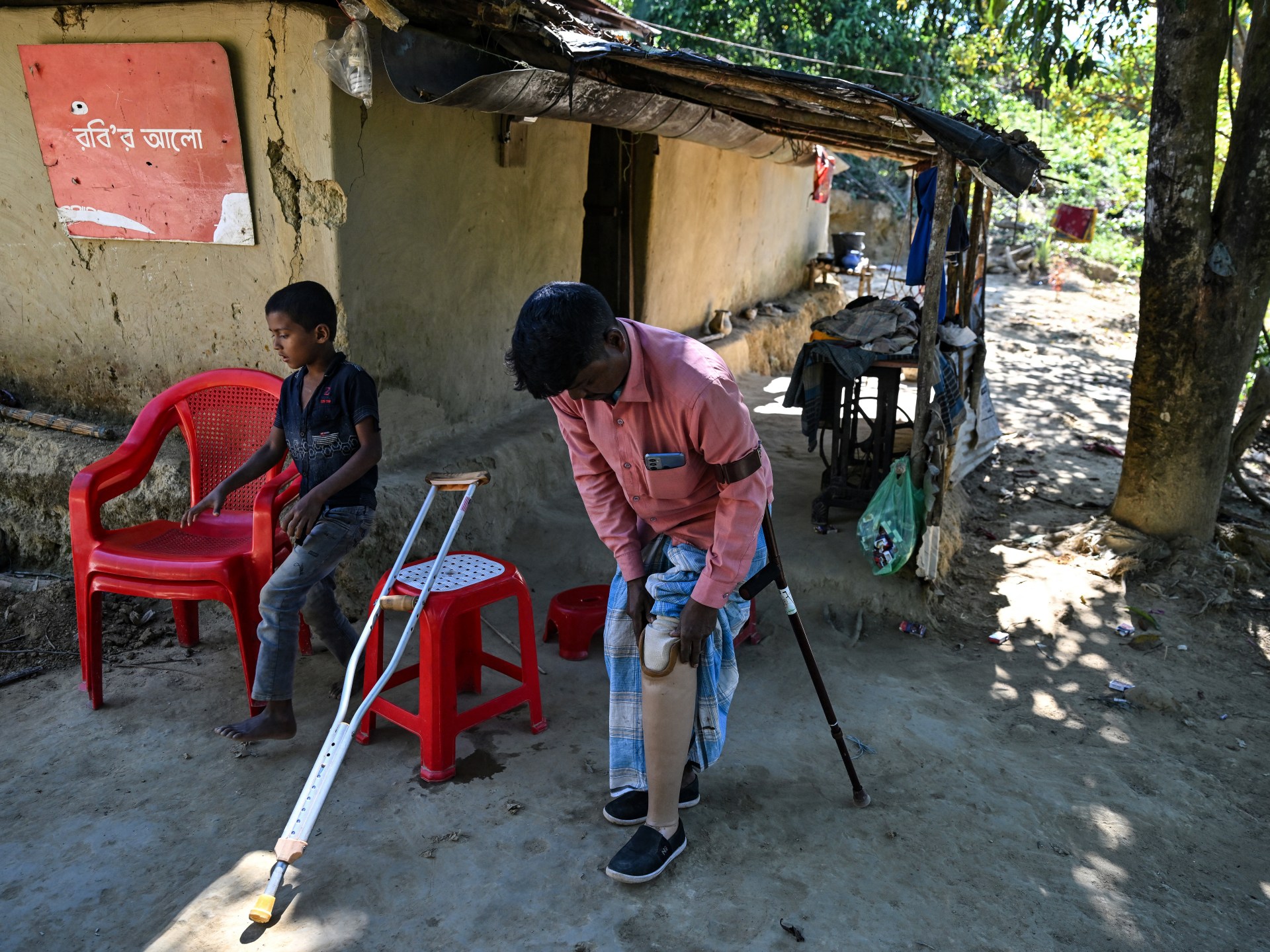EastEnders actress Jessie Wallace, best known for playing Kat Slater in the BBC One soap, is a proud mum to daughter Tallulah, whom she usually tends to keep out of the spotlight
EastEnders legend Jessie Wallace has left fans delighted after sharing a snap of her rarely-seen daughter.
The actress shot to fame playing Kat Slater on the BBC soap, making her debut in 2000 with the rest of the Slater clan and it’s fair to say it didn’t take her long to become a firm favourite with viewers.
During her stint on the soap, Kat has been involved in several big storylines. From her many failed romances to jaw-dropping secret daughter twists, Kat’s time in Walford has not been short of drama.
However, away from the soap, Jessie is a proud mum to daughter Tallulah Lilac, whom she shares with ex Dave Morgan. And recently, Jessie and Tallulah enjoyed some R&R at a glam spa getaway.
Taking to her Instagram page, Jessie uploaded sweet snaps from their Champneys Spa visit. In one photo, the mother and daughter duo could be seen posing in bathrobes next to each other.
Other photos showed their delicious food as well as the series of spa treatments they enjoyed. Jessie wrote in the caption: “Thank you @champneysspas for a gorgeous time with my gal@tallulahlilacw. Relaxing treatments, lovely food all the staff are AMAZING!”
She added: “If you need a relaxing break, this is the place. Big kiss to @michelledcollins for the recommendation and thank you @strongbev.”
The comments section of the post saw Jessie’s Albert Square co-stars and fans rushing to express their shock at just how similar Jessie and Tallulah look.
One person said: “Oh wow your daughter is stunning she’s your double X.” Another chimed in: “Your daughter is stunning, and the image of you. Both look gorgeous.”
**For the latest showbiz, TV, movie and streaming news, go to the new **Everything Gossip** website**
Meanwhile, Michelle Collins, who plays Cindy Beale, penned: “So glad you got to spend time together Jesse and you both look Gorgeous.” Bianca Jackson star Patsy Palmer also gushed: “LOVE,” along with red love heart emojis.
In March 2022, Jessie became a grandmother for the first time aged 50, when Tallulah gave birth to a baby boy, SJ, aged 17. Jessie had not spoken publicly about her daughter Tallulah being pregnant up until she gave birth.
The actress seems unfazed however at her new role as grandma and appears to have taken on the title with pride as she has continued to reveal glimpses of how life has been with baby SJ since his arrival.
